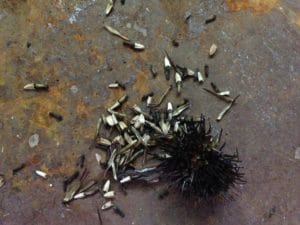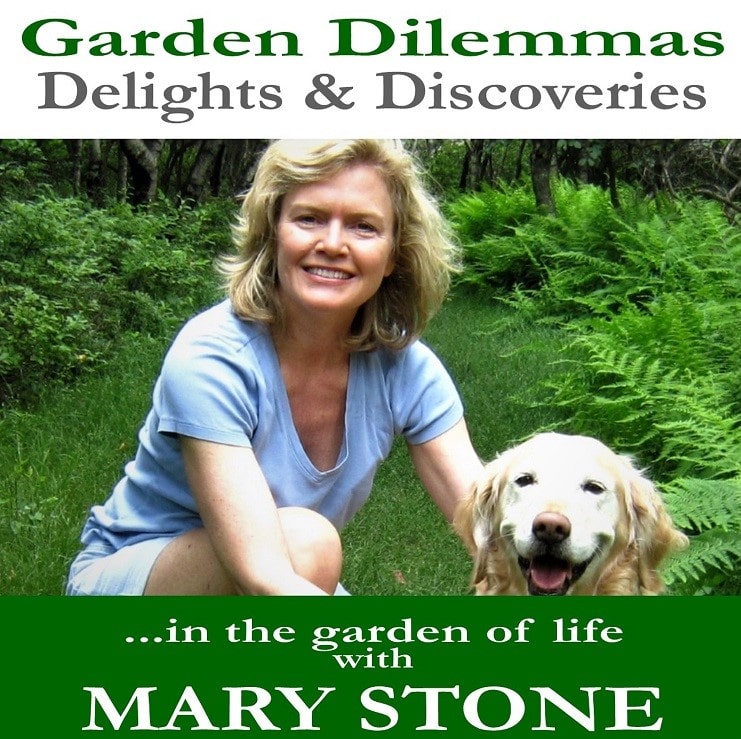Hello Fellow Readers, The other day, I read a children’s book that came up when I searched for A Promise is a Promise in the nifty library database. I don’t recall why I searched the title. Certainly not for a children’s book, though I enjoy reading them from time to time, maybe to feel like a big kid. More to step back to the simple lessons in life. Like learning about the magic of seeds.
Children’s books help bring back life lessons.
A Seed Is a Promise by Claire Merrill tells the story that every seed is the promise of a new plant to come. We eat seeds like peas and lima beans. The book even explained the experiment many of us recall from grammar school. Soak a lima bean overnight and split it open to see the baby plant forming inside. It seems grownups may enjoy the experiment to remind themselves of the magic.
The little book gave a simple description of how the flowers make seeds, which is always astonishing to me. It named the pistil, the female part though the G-rated book didn’t describe it as such. It’s usually in the center and includes the ovary and egg cells and the stigmas that capture the pollen. Then there’s the stamen, the male part, which carries the pollen that fertilizes the eggs to make seeds.
 When flowers die, it seems sad. But inside, there is a promise.
When flowers die, it seems sad. But inside, there is a promise.
It’s intriguing how some flowers have both a pistil and stamen, and others have only a male or a female part. Some self-pollinate, but most use pollen from other flowers to produce seeds. It just goes to show, they (we) need each other.
When the flowers die, it seems sad, but new seeds are growing inside the pistil, keeping their promise of a new plant to come. It’s true that genetically modified seeds (GMO), seeds with changed DNA, do not hold the same promise without paying royalties to the manufacturer. On the other hand, Hybrids are a cross-pollination of two different varieties of plants from the same species. It’s a process that happens in nature. Plant breeders intentionally cross-pollinate plants to improve disease resistance, color, fruit sizes, or improved taste and yields —all good things without being genetically modified. But hybrid seeds don’t grow into duplicates of their mother plant, which in itself is magical.
Remarkably, ancient seeds have kept their promise.
A special part of the little book was the true story, per the author, of a miner in Northern Canada who found animal bones next to seeds in a tundra that were “thousands and thousands” of years old. Scientists were able to sprout some of the seeds. In time the seeds grew into healthy plants. The plants grew flowers and then new seeds – “each with a promise of its own.” A happy conclusion of the charming little story.
While I couldn’t verify the true story of the miner, other remarkably old and resilient seeds kept their promise. Per Wikipedia, the oldest mature seed, about 2,000 years old that grew into a sustainable plant, was a Judean date palm (Phoenix dactylifera) found in a palace in Israel.
As we plan for the growing season ahead and shop for seeds, reflect on the promise of new things to come, and savor the magic. And, while you’re at it, why not feel like a big kid.
Garden Dilemmas? AskMaryStone@gmail.com (and now on your favorite Podcast App.)
You’ll enjoy a previous column; We’re All Just Seeds
This story is featured in Episode 11 of the Garden Dilemmas Podcast


